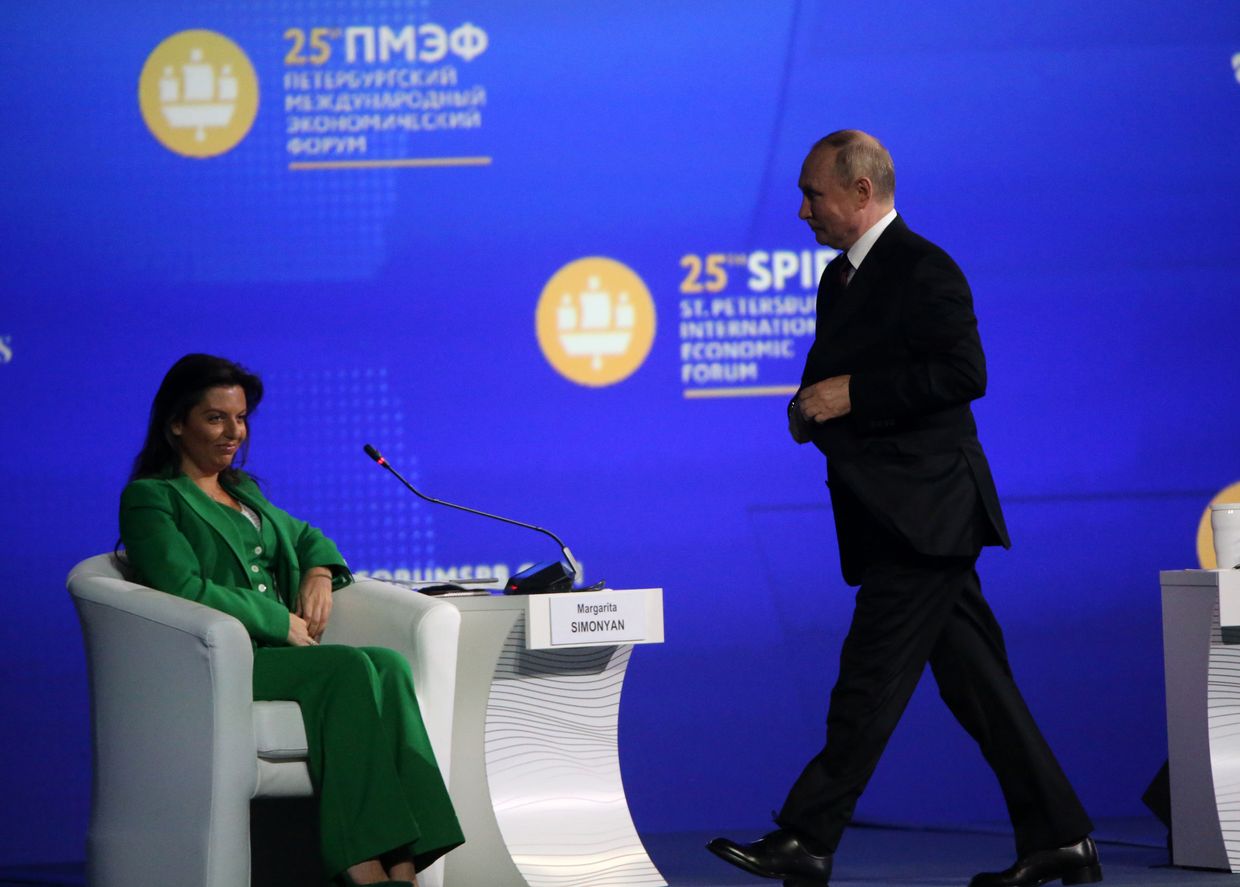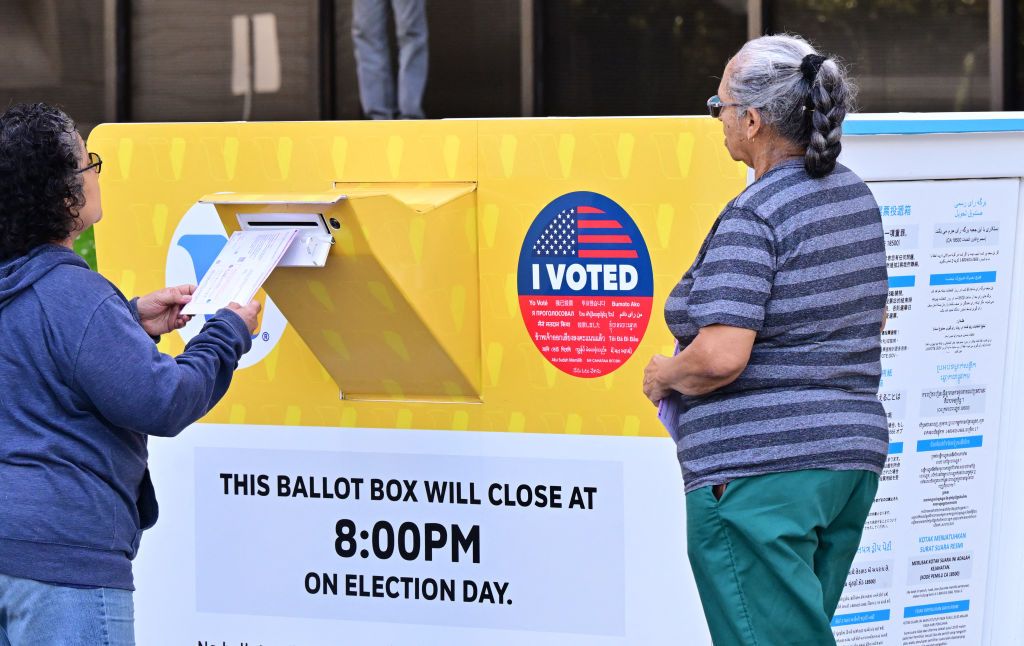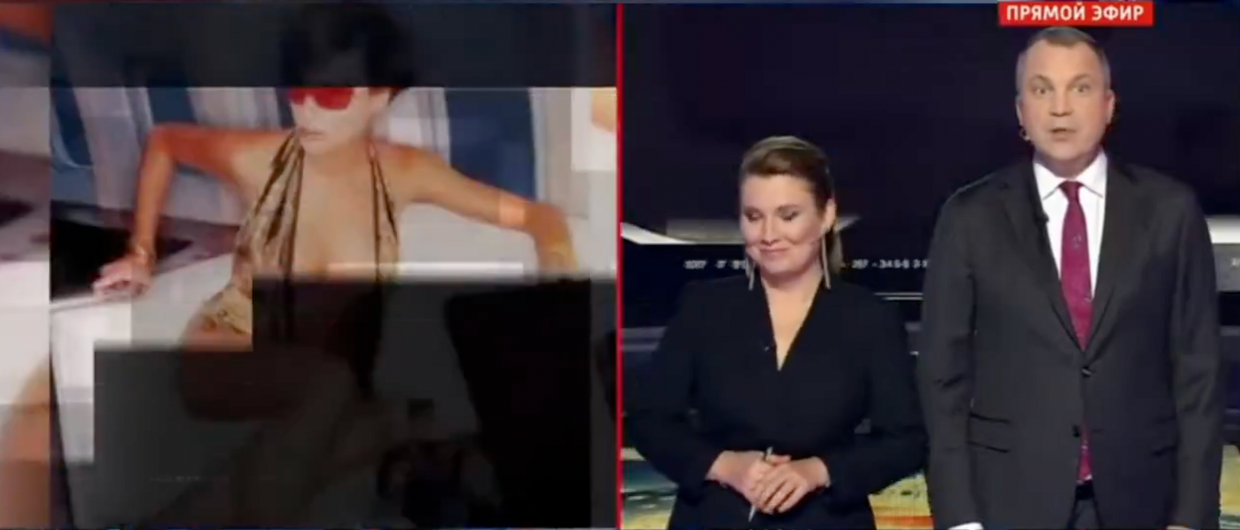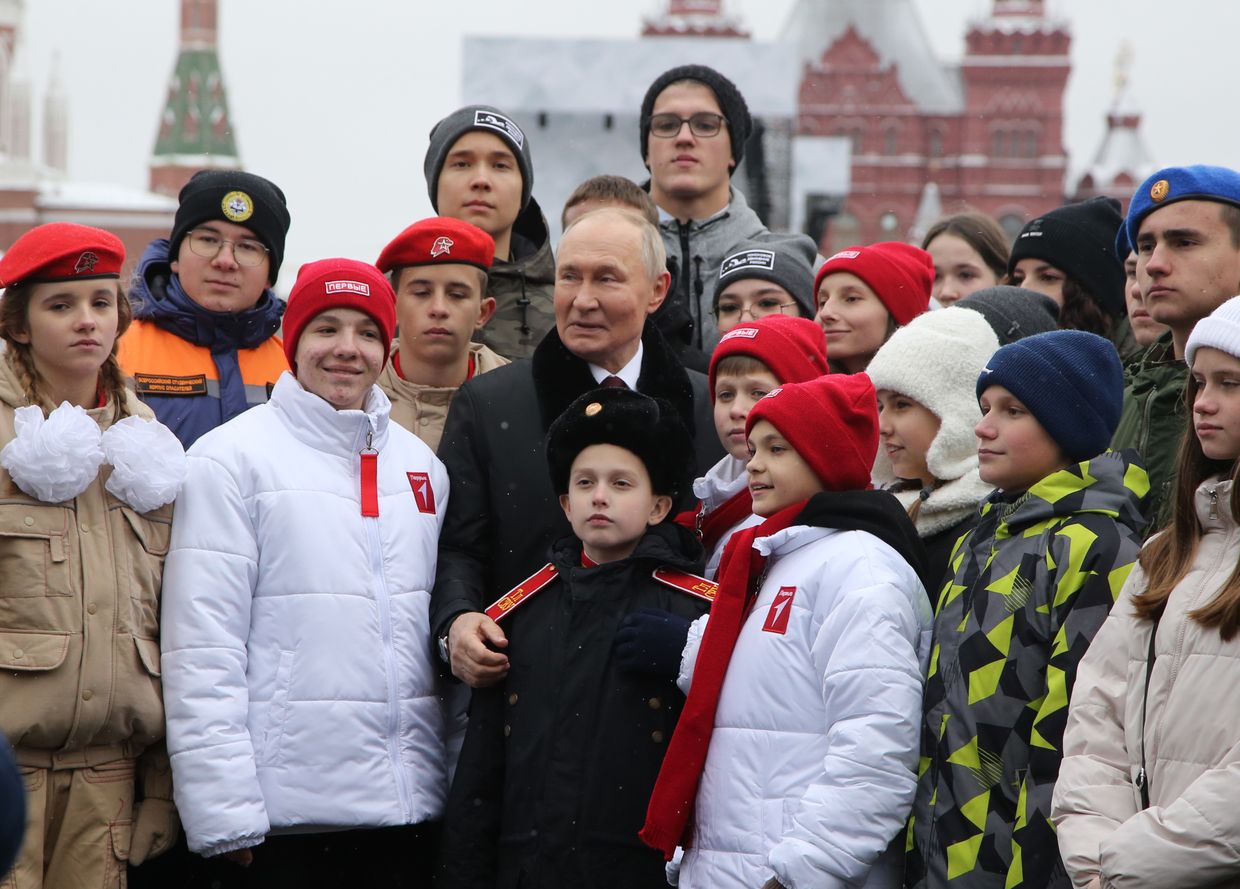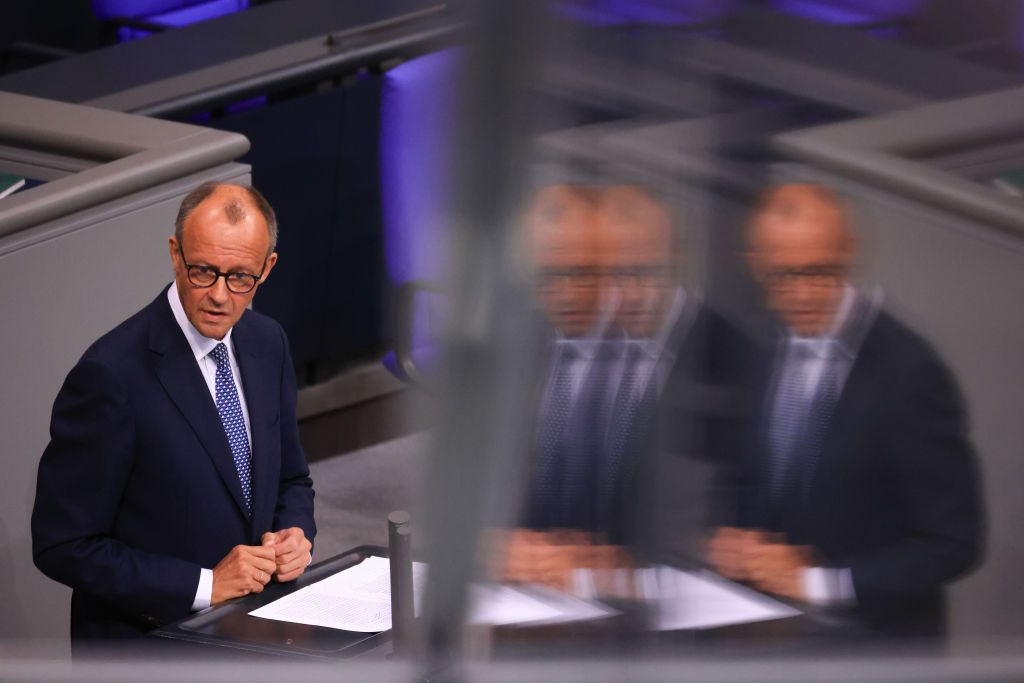A Russian online disinformation campaign targeting the upcoming U.S. election has begun, Microsoft said in a report released on April 17.
U.S. officials have said that Russia engaged in a widespread campaign of digital disinformation and hacking in the past two presidential elections, with particular effort dedicated to the 2016 election.
The governments of Belgium and Czechia also warned earlier in April that Russia was operating a disinformation and interference network targeting the upcoming EU parliamentary election.
According to the Microsoft report, Russia's campaign to sow disinformation in the U.S. has begun in earnest over the past month and a half but has yet to reach the height of previous efforts.
The focus of the new campaign is to spread "divisive content," including criticism of U.S. support for Ukraine, the Microsoft report said.
One of the more common methods is for Russia to spread fake "whistleblower" narratives, which are then picked up by U.S. media outlets.
"Ultimately, after the narrative has circulated online for a series of days or weeks, U.S. audiences repeat and repost this disinformation, likely unaware of its original source," Microsoft said.
Despite concerns that Russia would increase its usage of AI-based disinformation campaigns, Microsoft said that more traditional influence measures remained the predominant methods employed.
"The simplest manipulations, not the most complex employment of AI, will likely be the pieces of content that have the most impact," Microsoft said.
Incumbent U.S. President Joe Biden will face the presumptive nominee for the Republican Party, former President Donald Trump, in an election in November.
The views of the two presumptive nominees on Ukraine differ considerably, and the outcome of the election is likely to significantly influence U.S. support for Ukraine.
